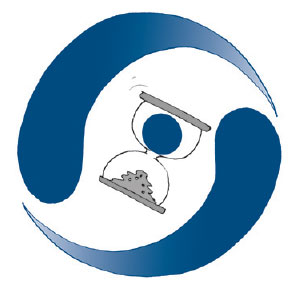Prasar Bharati is surprisingly gung-ho about the scheme of rehabilitating private producers who were dropped for not meeting financial parameters and whose litigation resulted in un-estimated loss to exchequer. It was a cartel of Mumbai based producers who made serials in 1990s for DD Metro and DD National who failed to pay their dues. The elongated litigation resulted in nothing and Prasar Bharati succumbed to the diktats of the syndicate of producers, advertisers and some insiders. It was well known in media circles that the inclusion of these blacklisted producers was plotted to buttress their dwindling fortunes. It began at the policy drafting stage itself, where the CEO, Prasar Bharati, allegedly tried influencing the Acting DG, Doordarshan, to incorporate a line in policy document favouring erring applicants for slot bidding. The doughty officer stood his ground on propriety and principles. The result became obvious when Ms. Aparna Vaish was shifted to All India Radio. It was sad that the CEO who often asserted himself as the ‘only-brain around’ seemed unaware of implications of the forced clause ‘can be considered’ that gave enormous leverage to those who did not qualify but could yet be adjusted. Ms Aparna Vaish, then the Acting DG Doordarshan, who did not want to go beyond Eligible and Not Eligible clauses thought it wise to deny any such manipulation. How else could cash-rich Balaji Television (Ekta Kapoor and her father Jeetendra), Numero Uno (Sanjay Khan), Cinevista (Sunil Mehta), Creative Eye (Dheeraj Kumar) among others be given a reprieve at the cost of the public exchequer.
- Cover Story
- Governance
- Global Scan
- Corruption
- State Scan
- Talk Time
- Bric a Brac
- Big Boss
- Cover Story
- Books
- Bric a Brac
- By the Way
- Digging It Out
- Diplomacy
- Editorial
- Eyes Wide Shut
- First Stirrings
- Gfiles Awards
- Governance
- Perspective
- Personality
- Stock Doctor
- Tracking
Recent Posts
© Copyright 2007 - 2024 Gfiles India. All rights reserved powered by Aerial Infotech.
Recent Posts
Related Articles
By the WayNo Women, No Kids. That’s the rules!
Written by Alam Srinivas and Anil Tyagi This is a riddle that not more than...
ByAlam Srinivas and Anil TyagiApril 23, 2025By the WayA New Newspaper in A Town Of #NewIndia
Written by Team These days the media grapevine in Lutyens’ Delhi is buzzing...
ByTeamMarch 26, 2025By the Way‘Saffron Nirmala Sitharaman in Hindu office’
Written by Team FM Nirmala Sitharaman, who has presented a record-breaking seven consecutive...
ByTeamMarch 20, 2025By the WayIs NitishKumar suffering from dementia!
Written by Gfiles Team The whispers are growing into loud decibels. From the...
ByGfiles TeamDecember 28, 2024 - Governance
















































